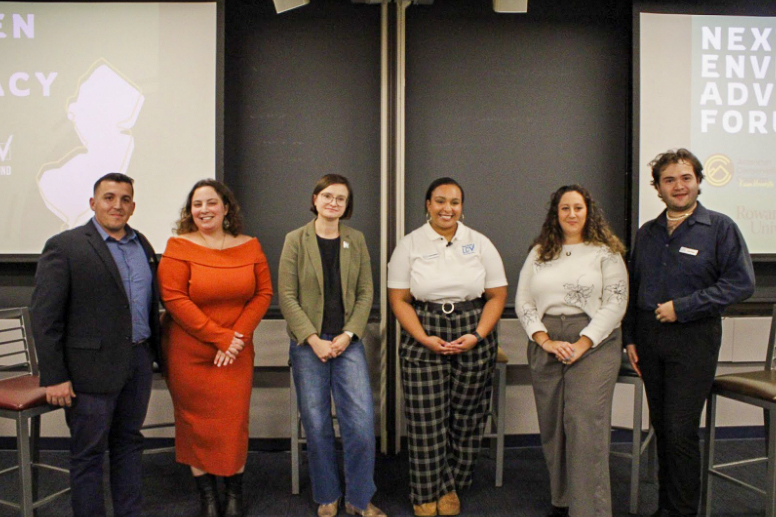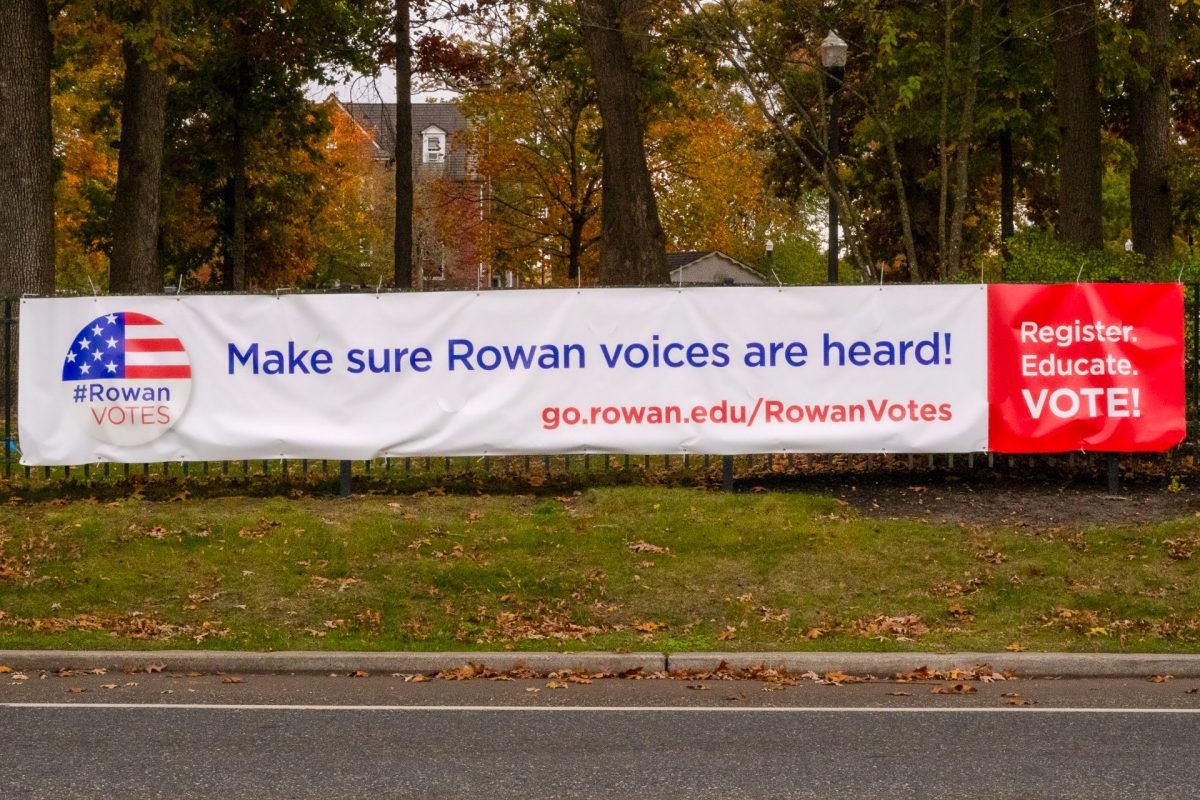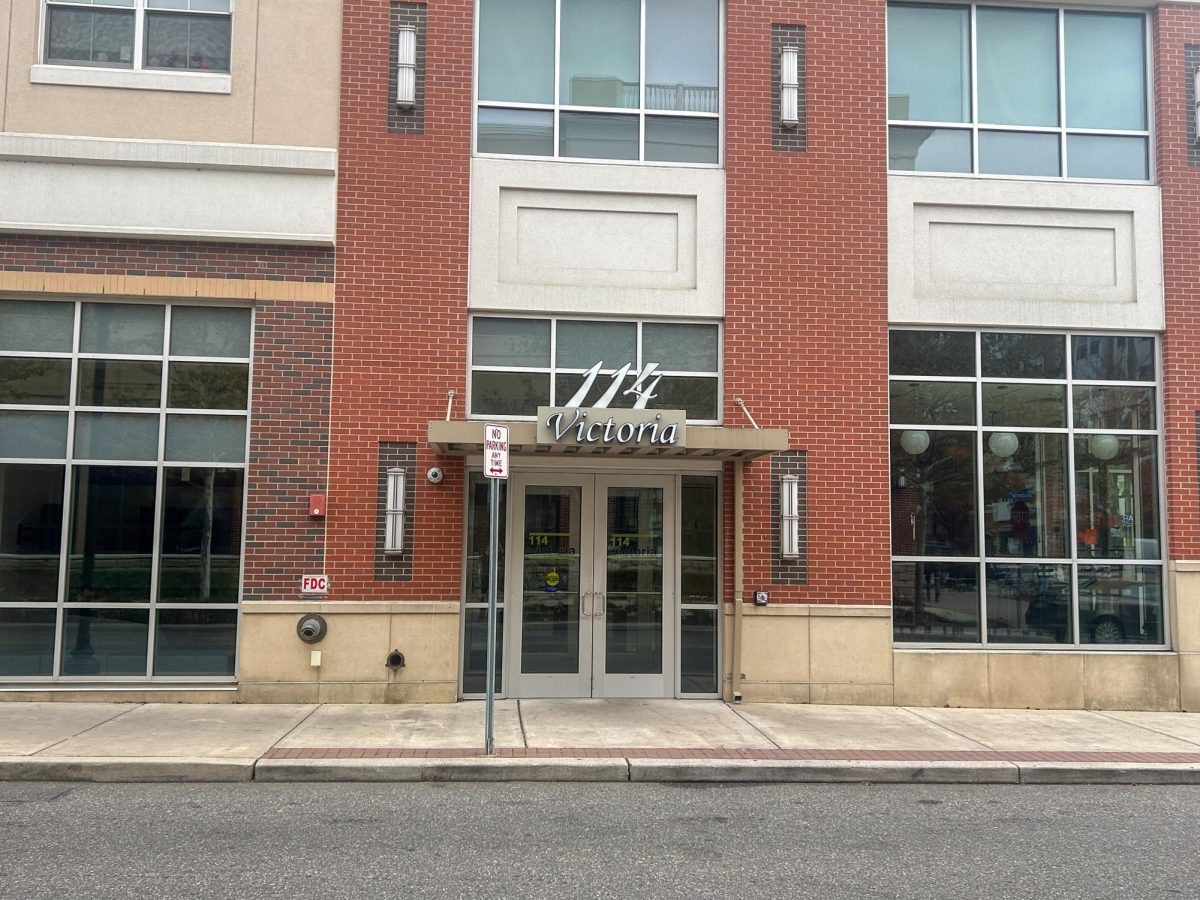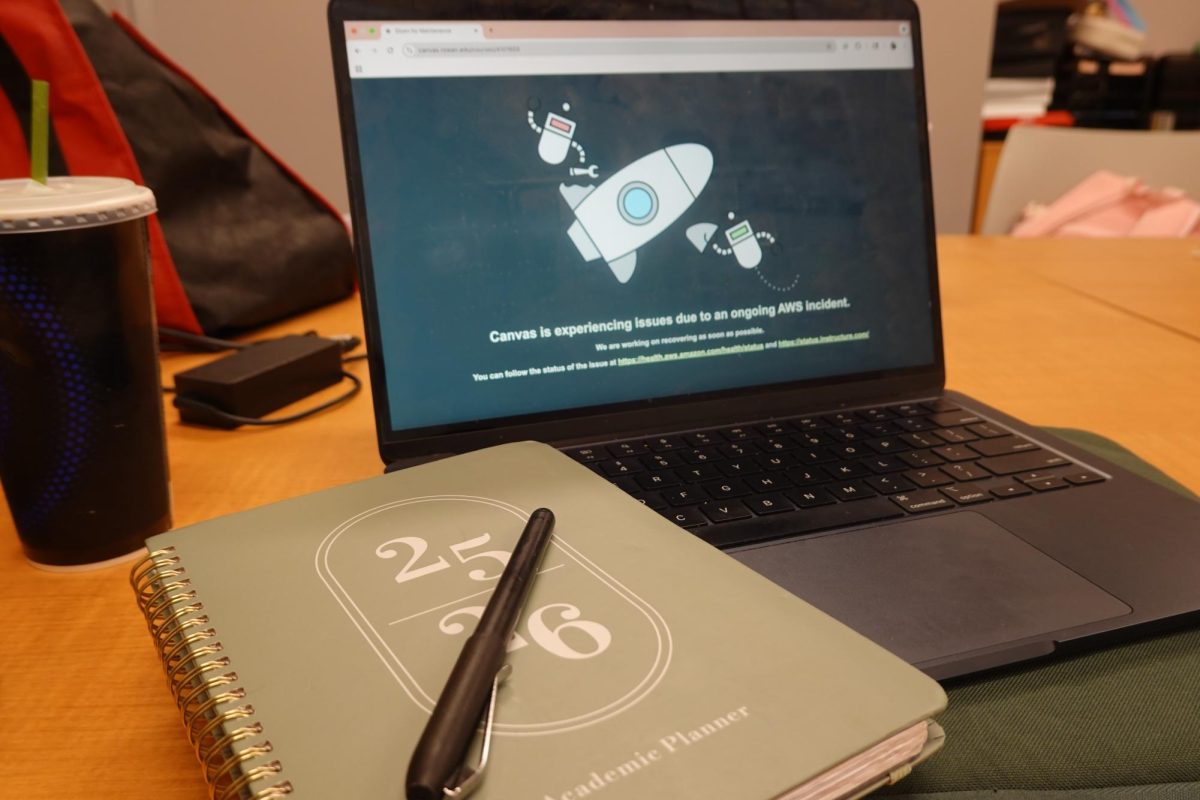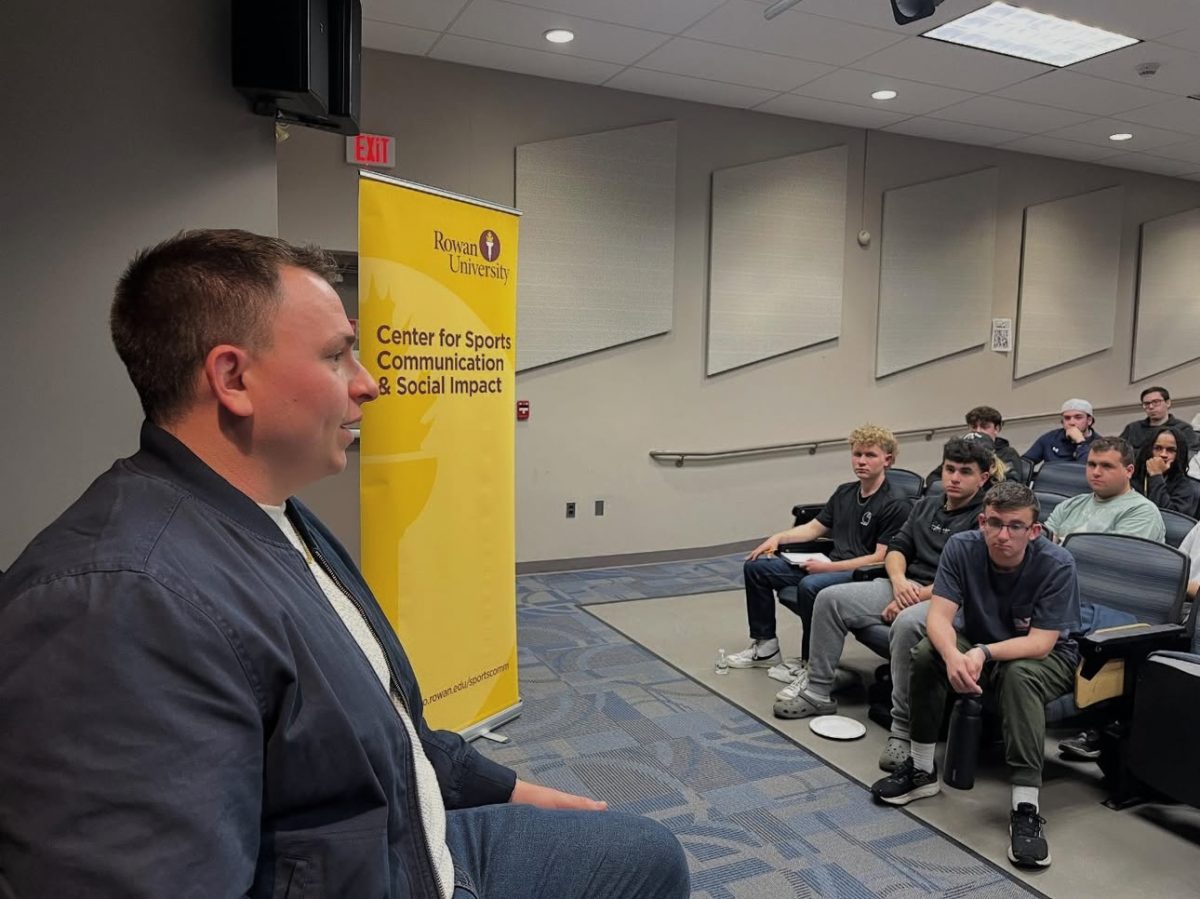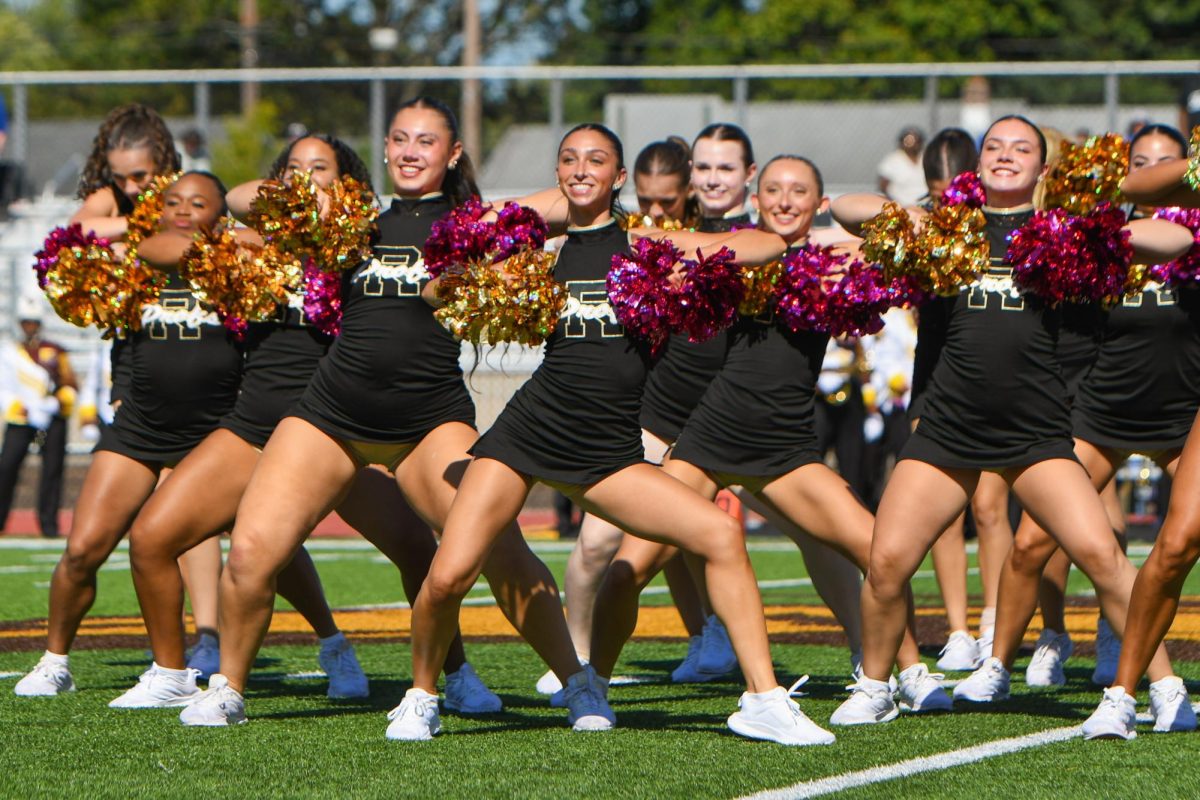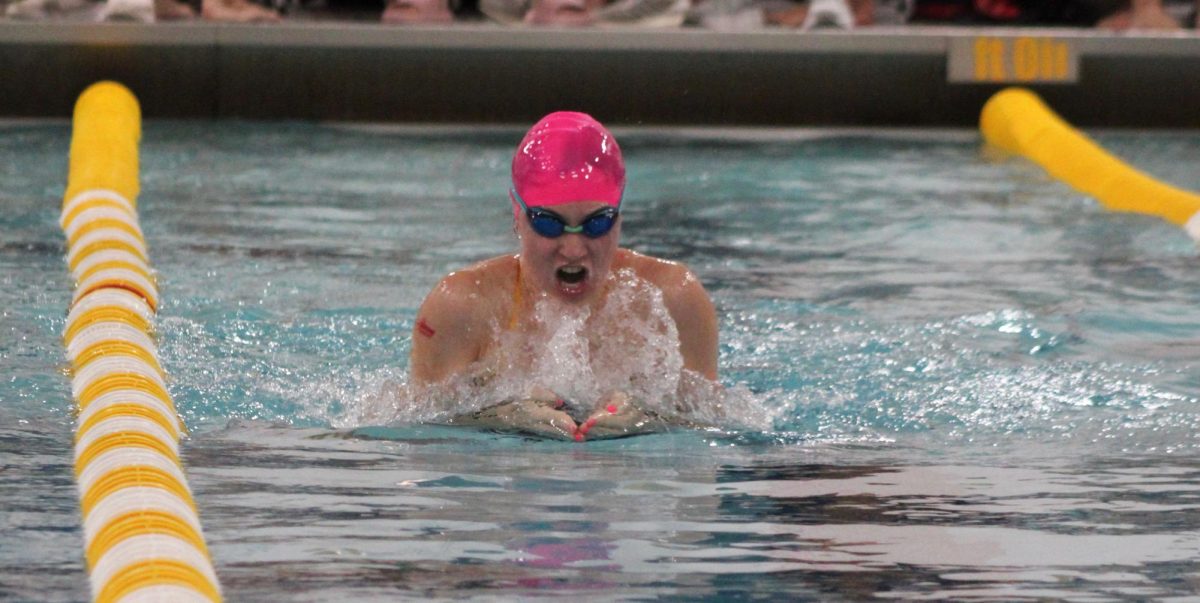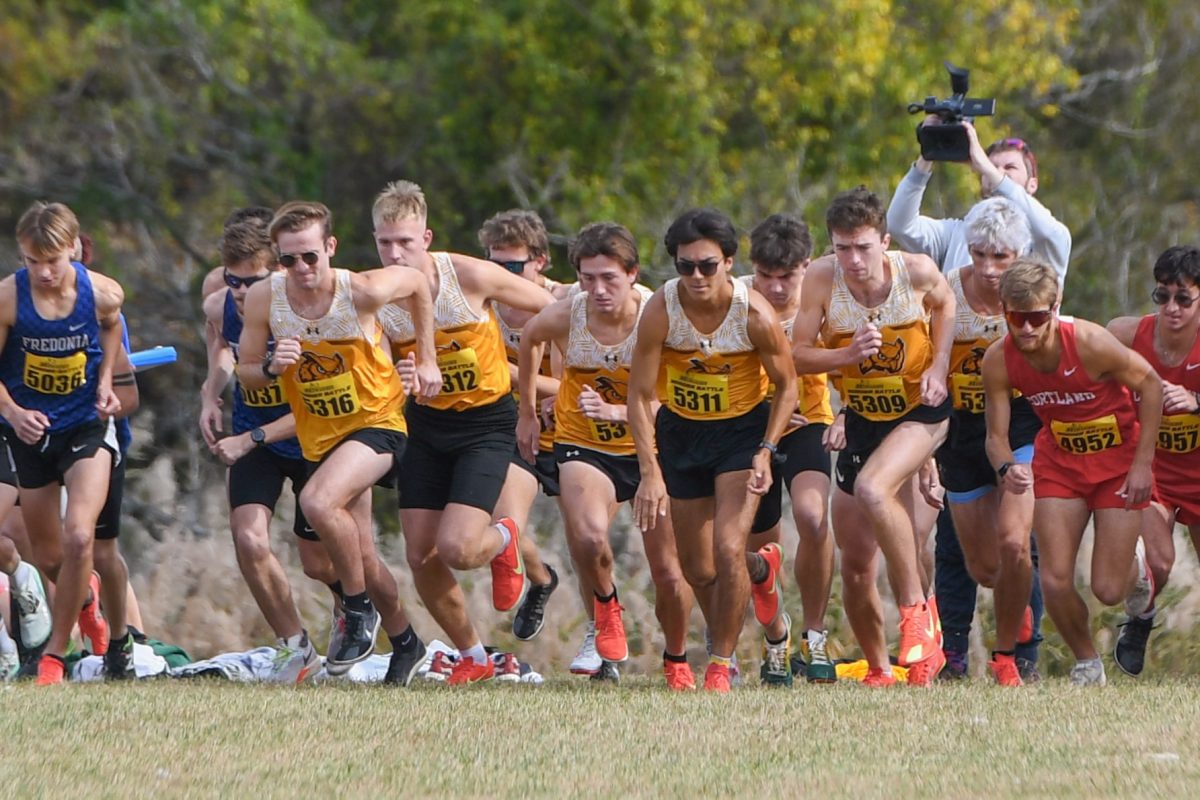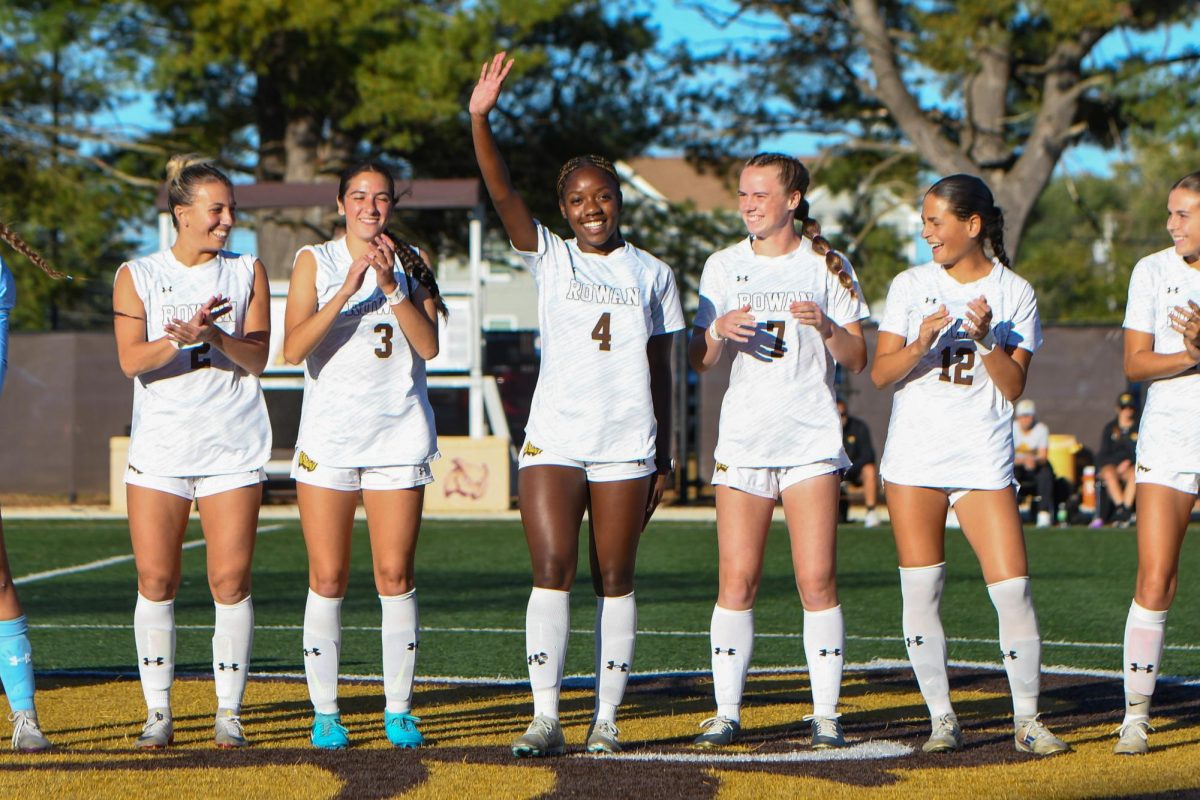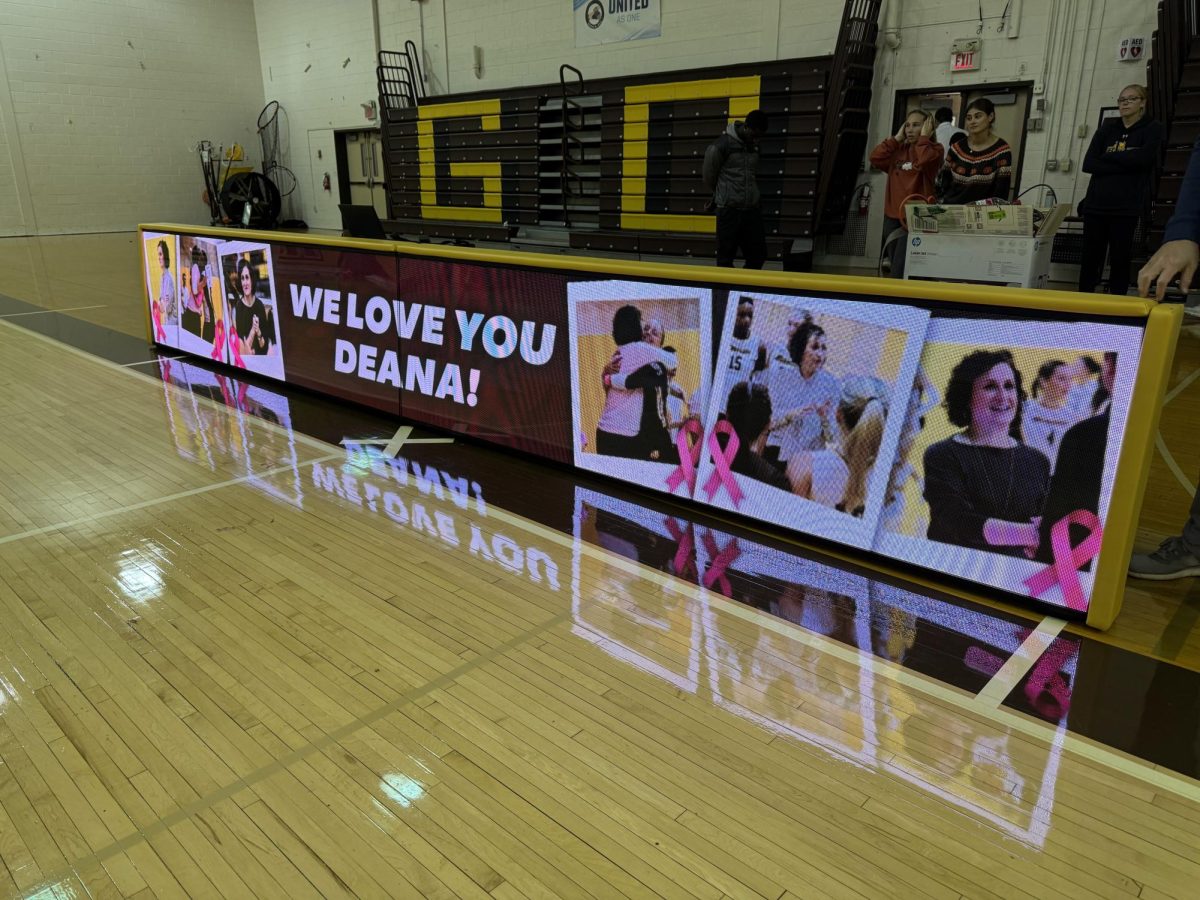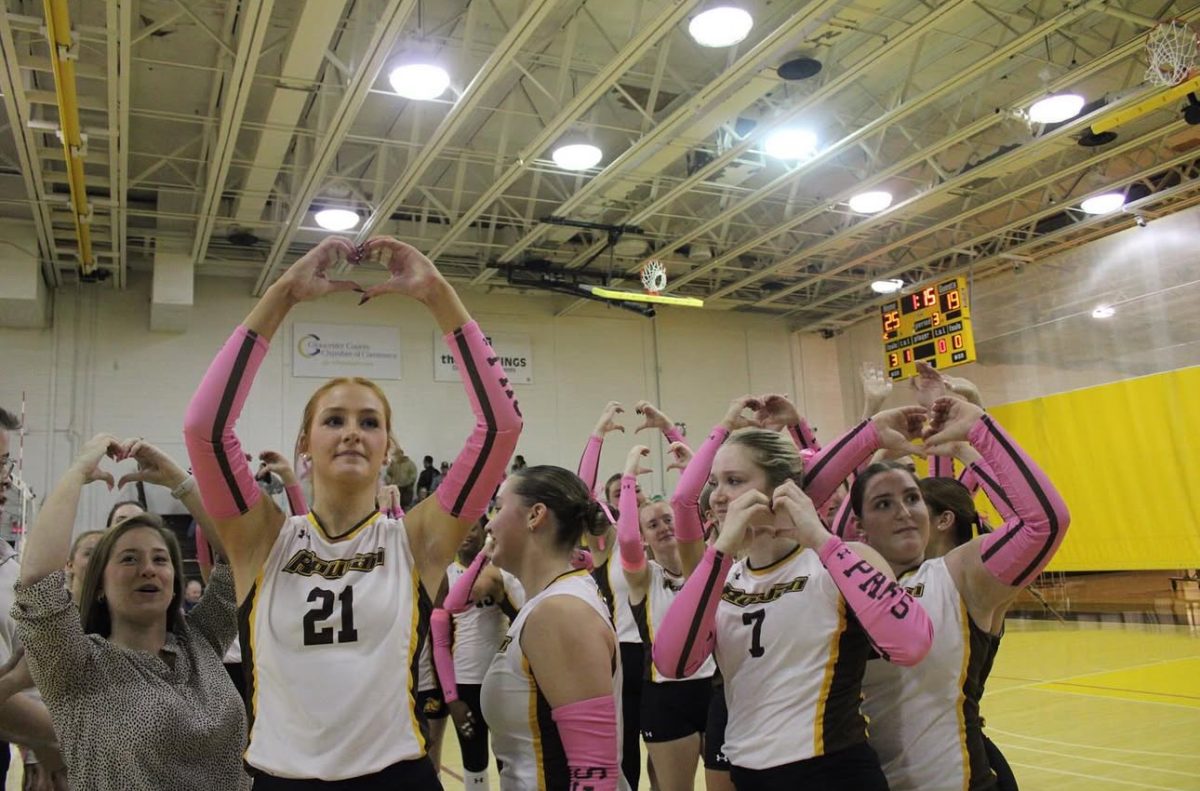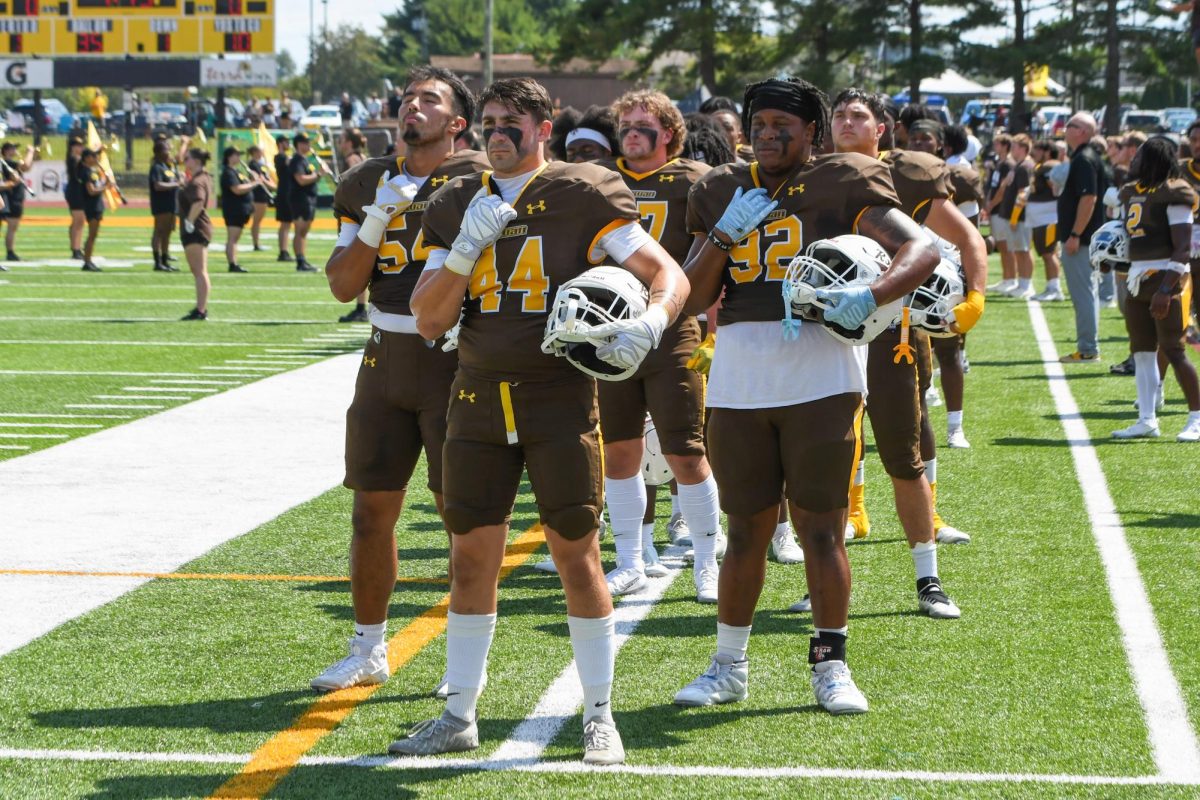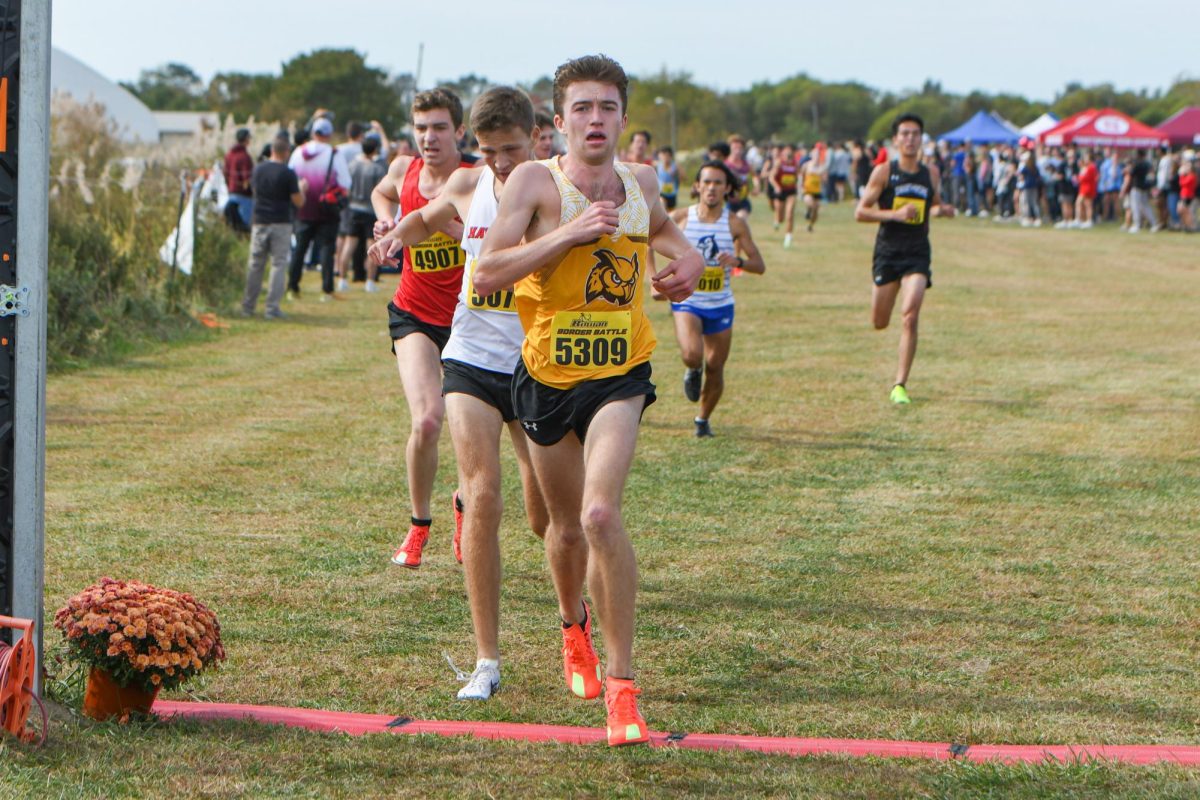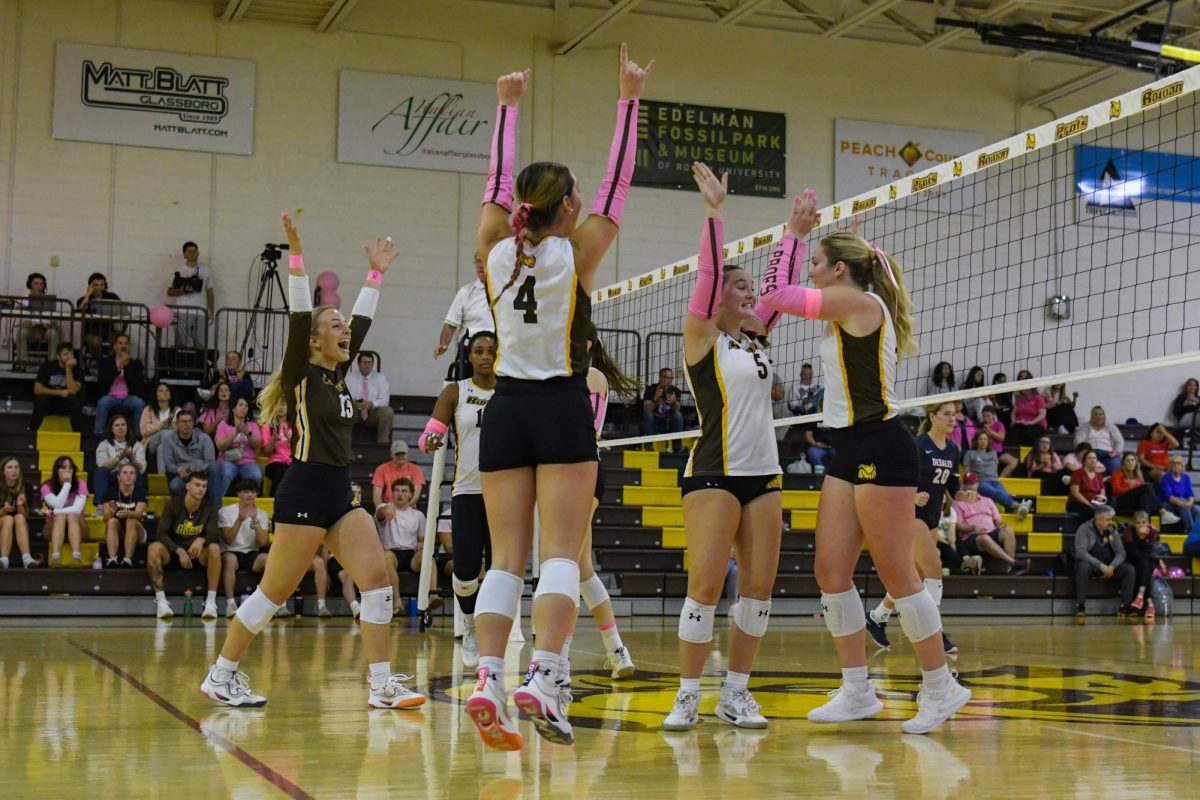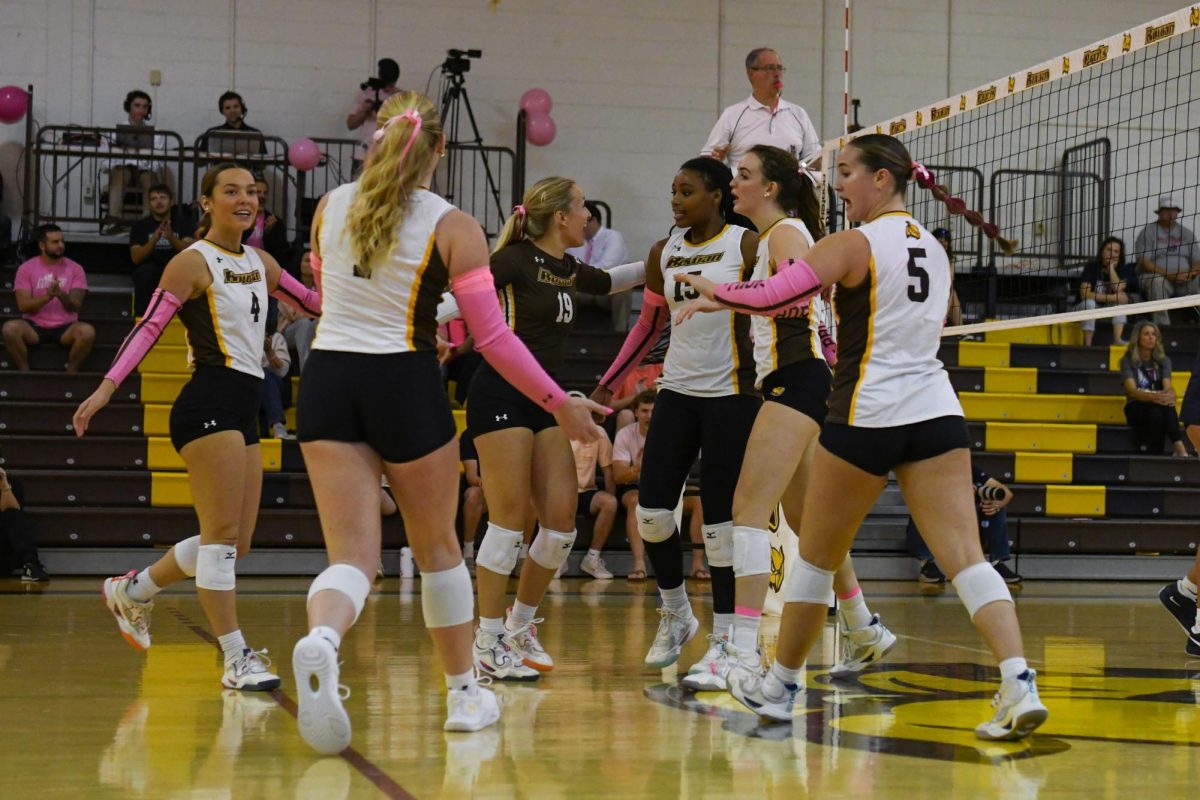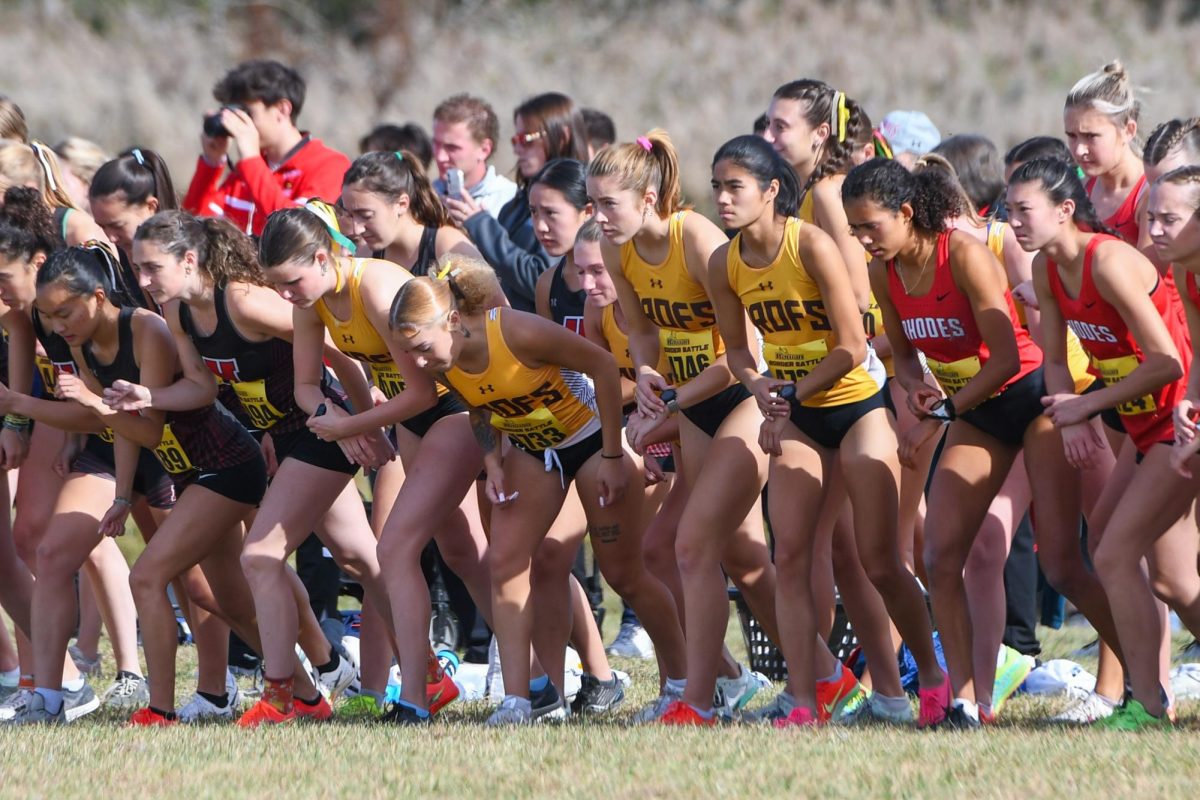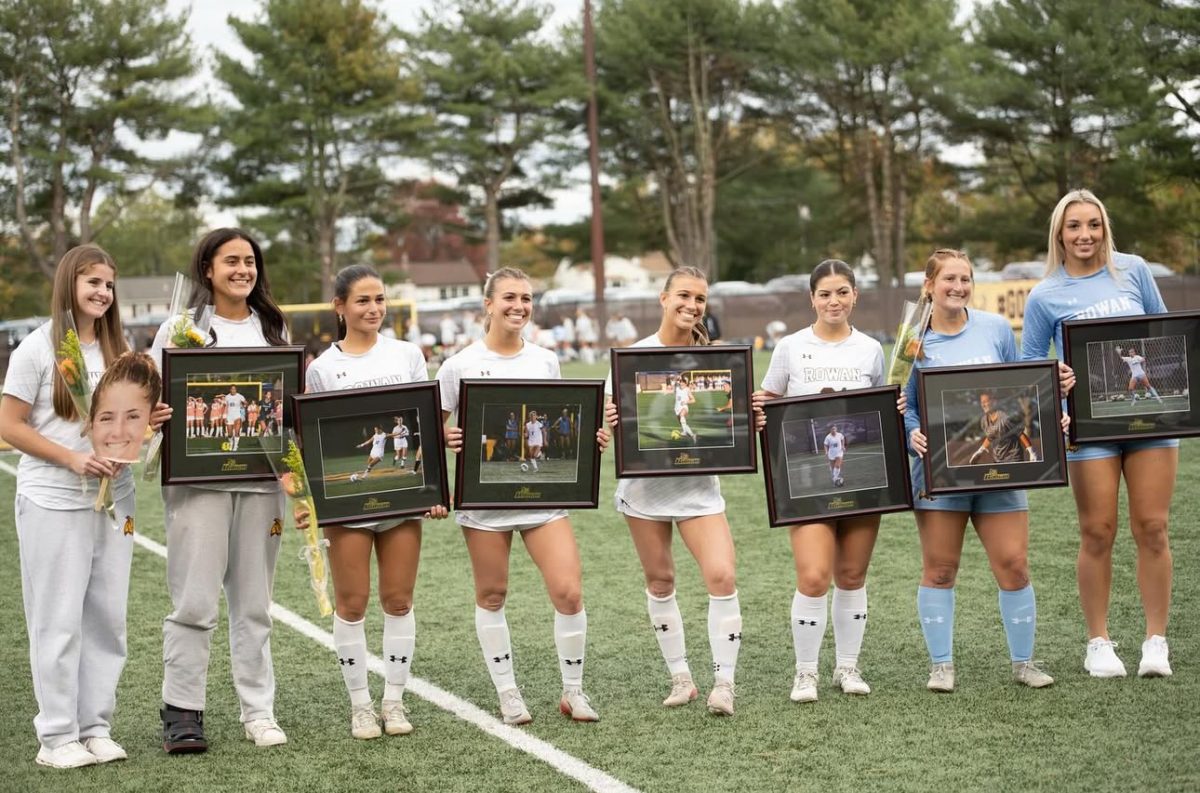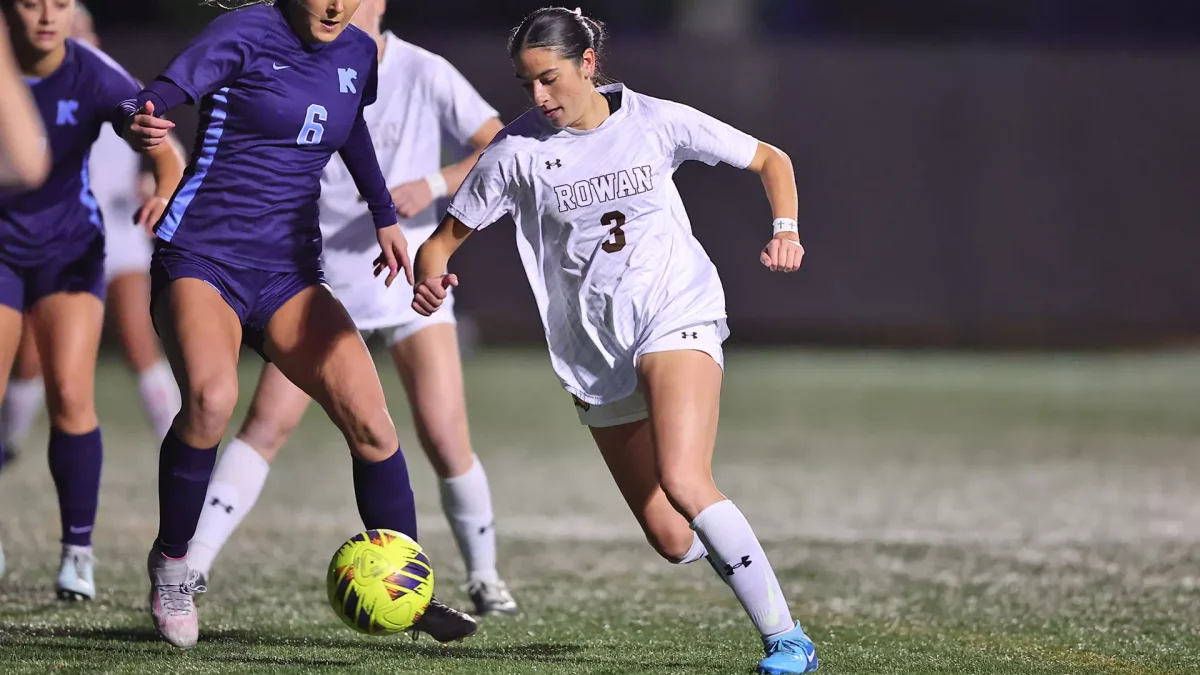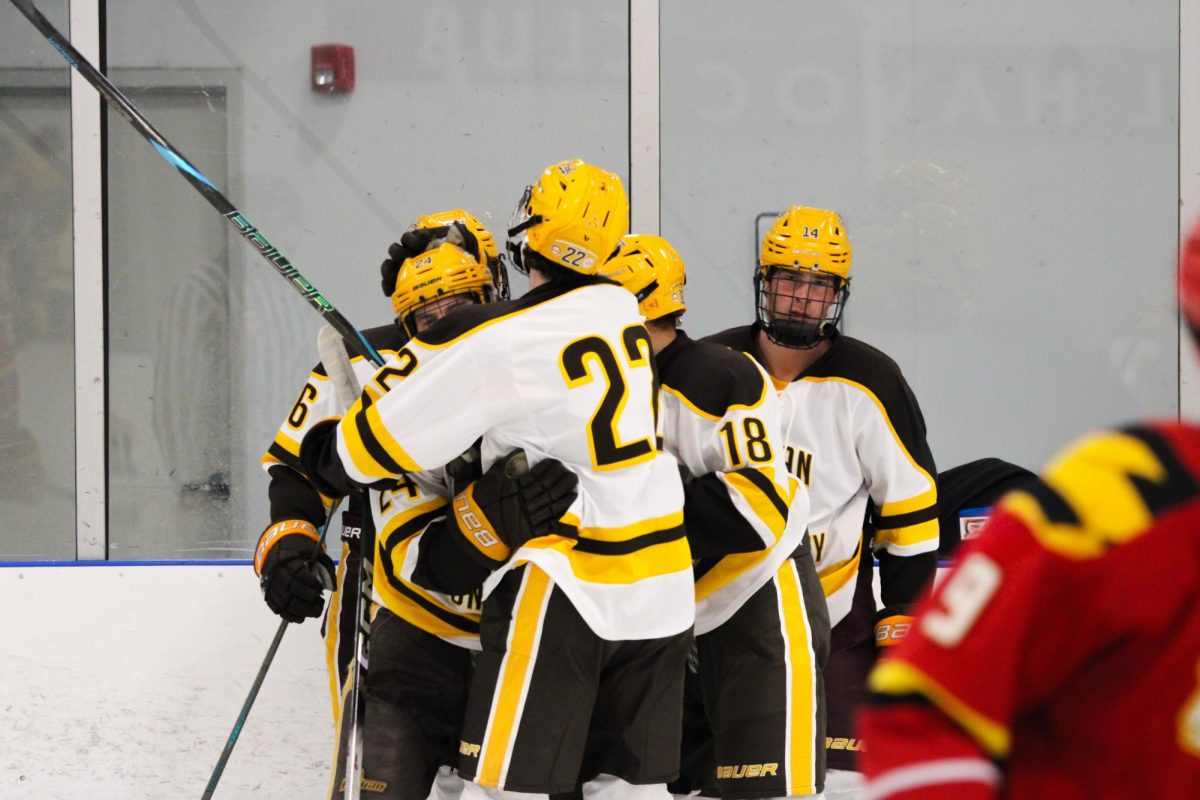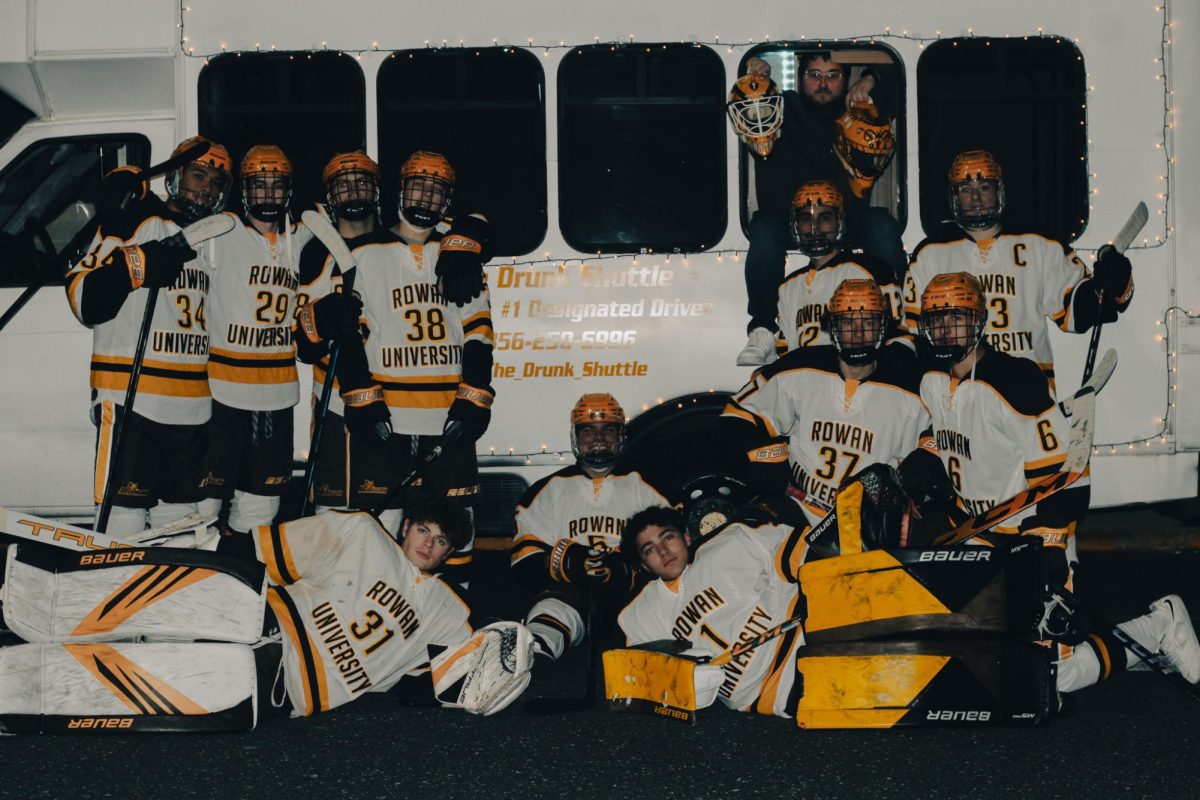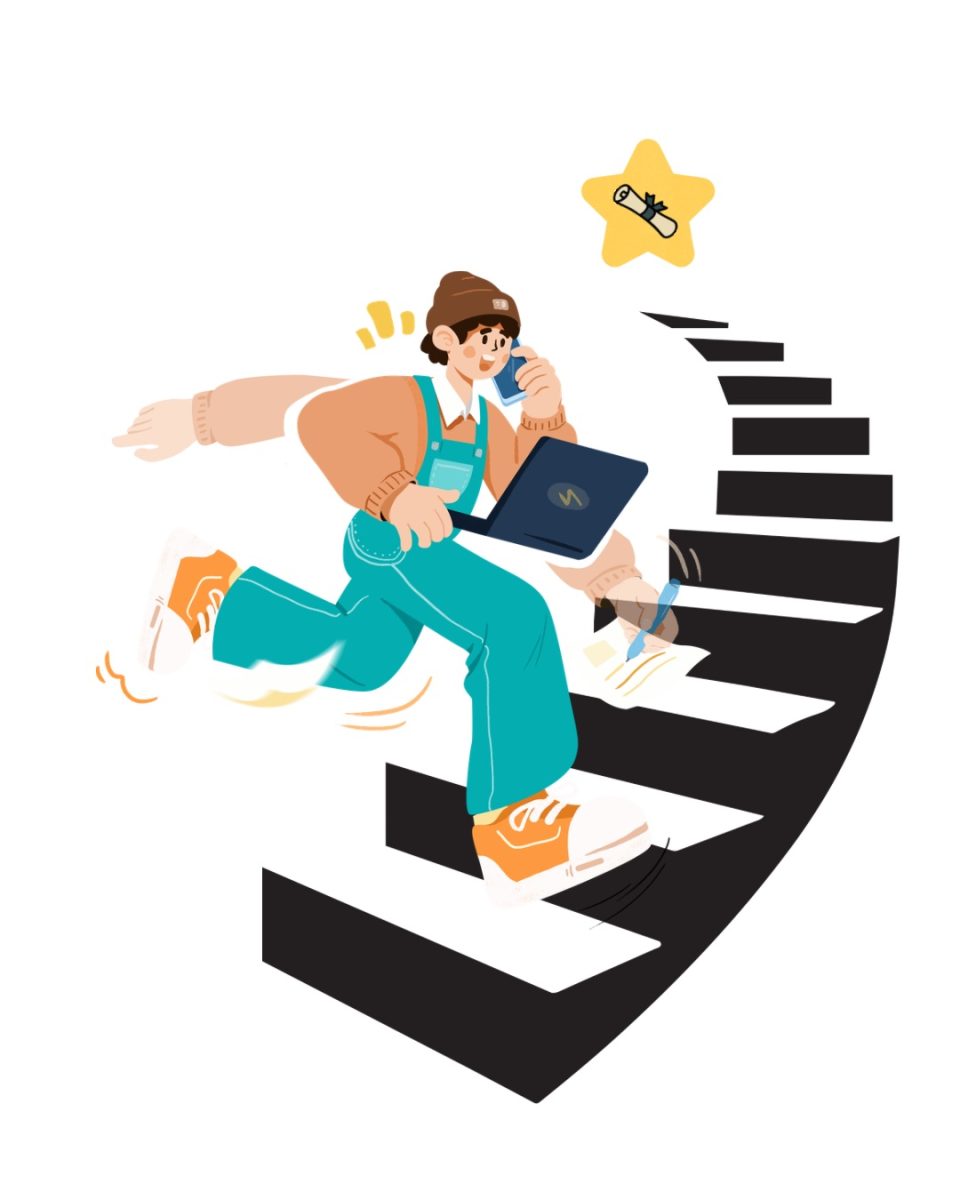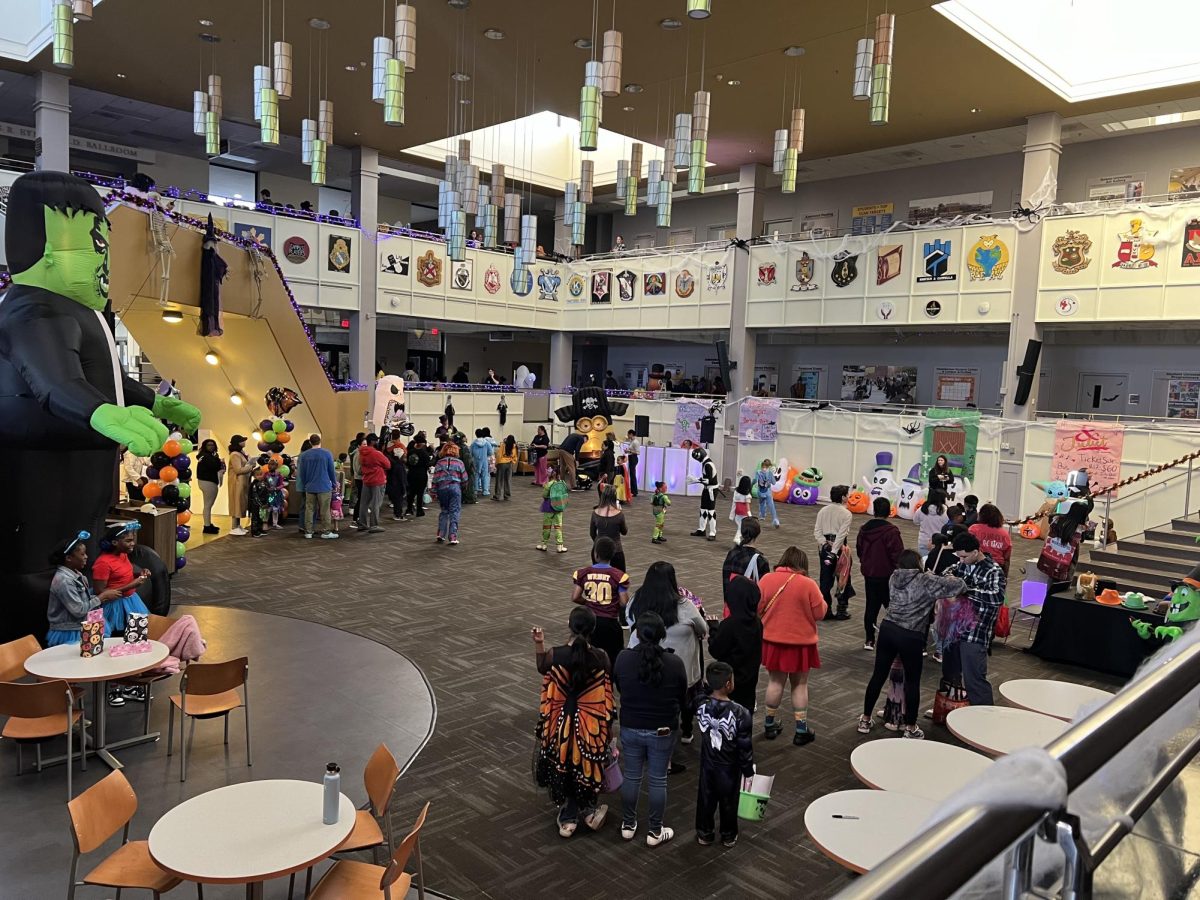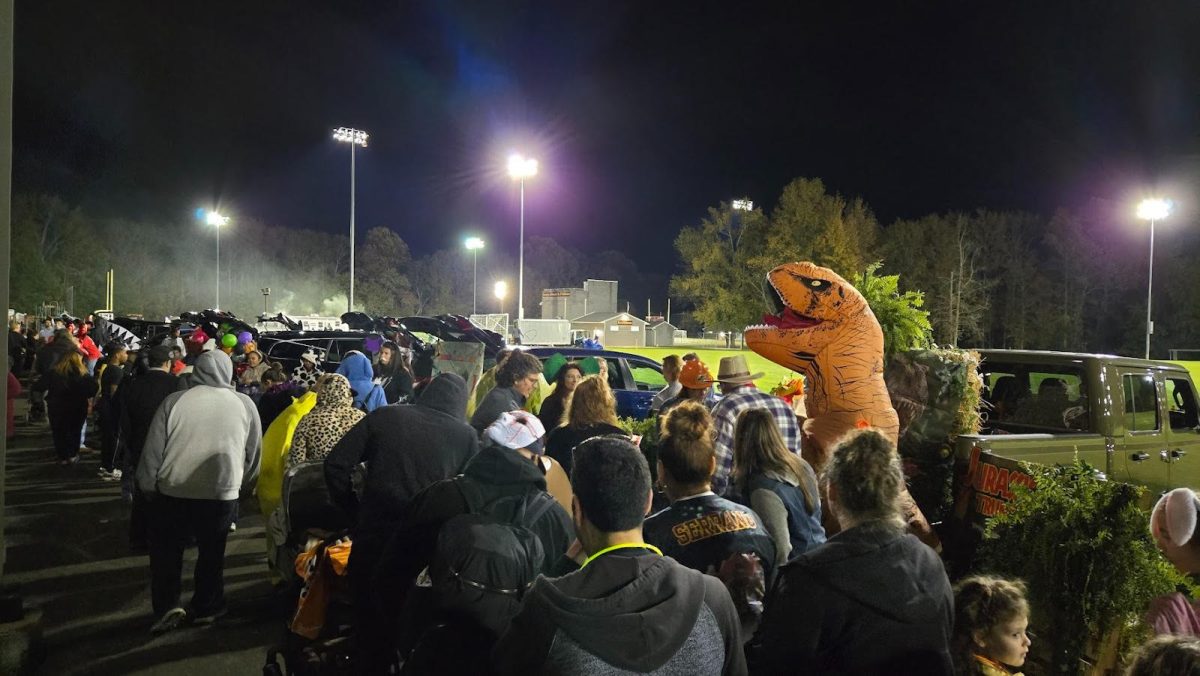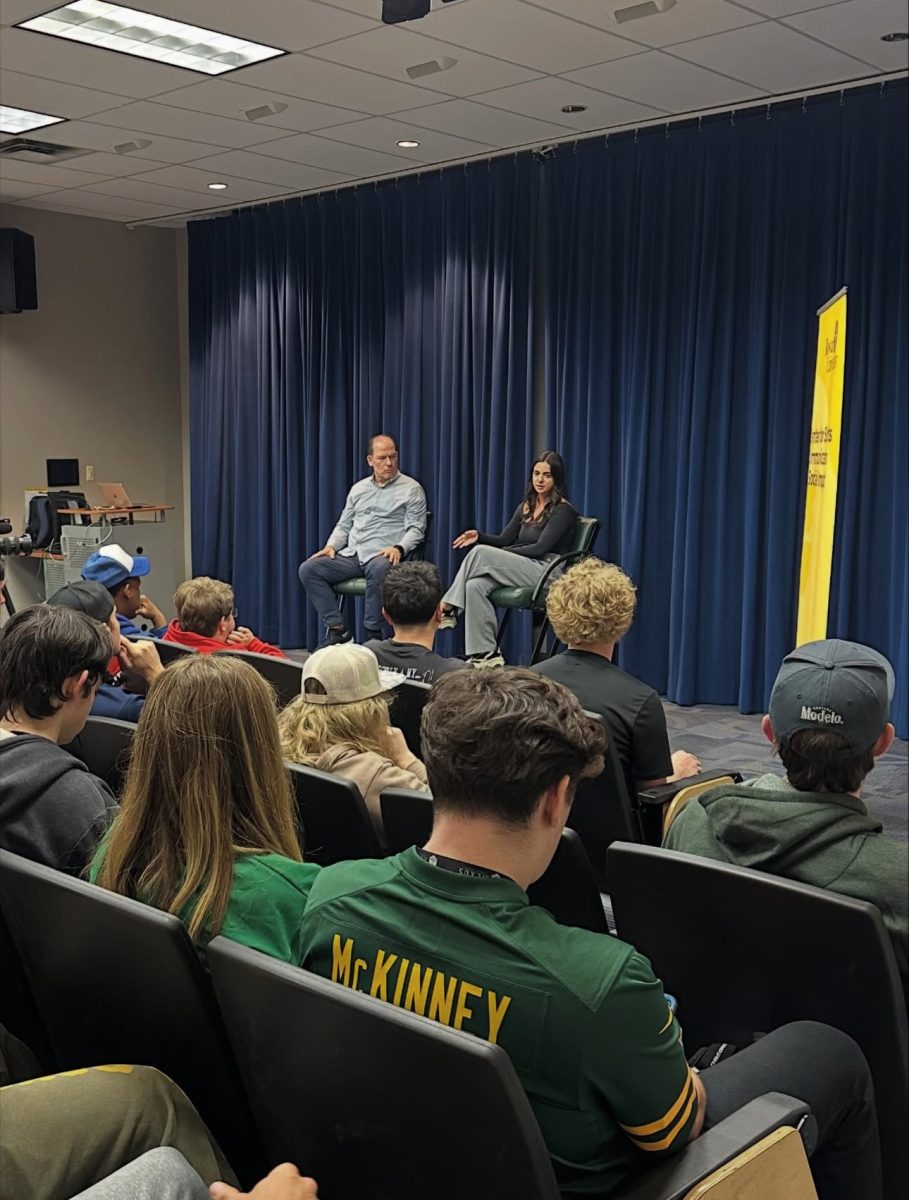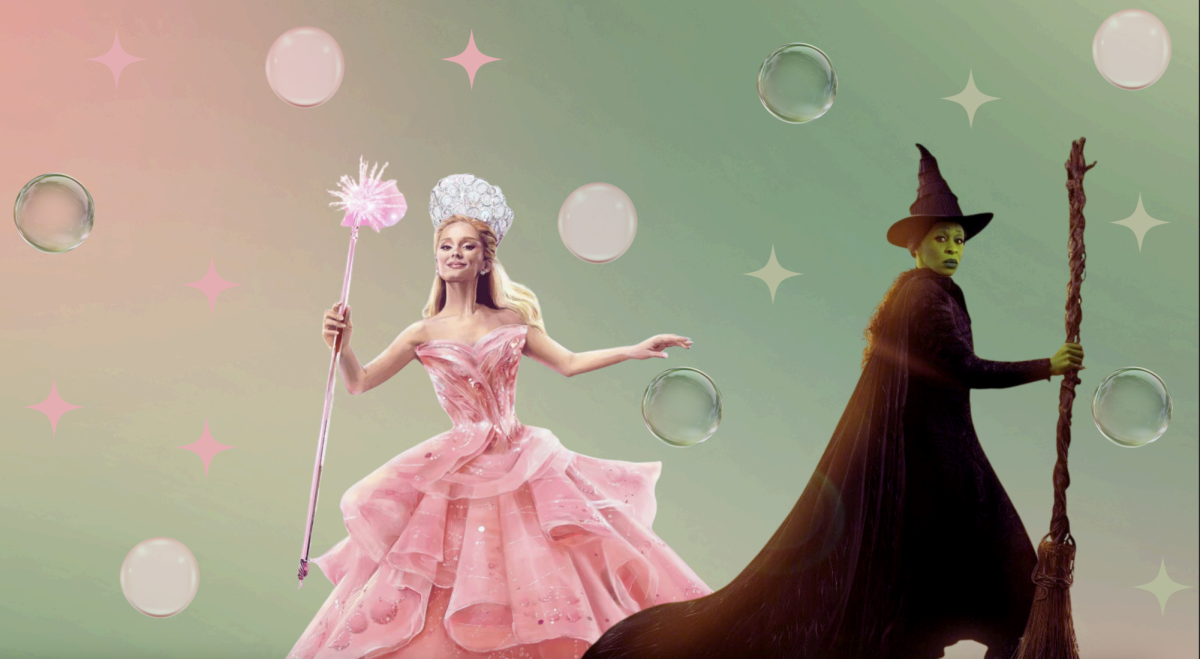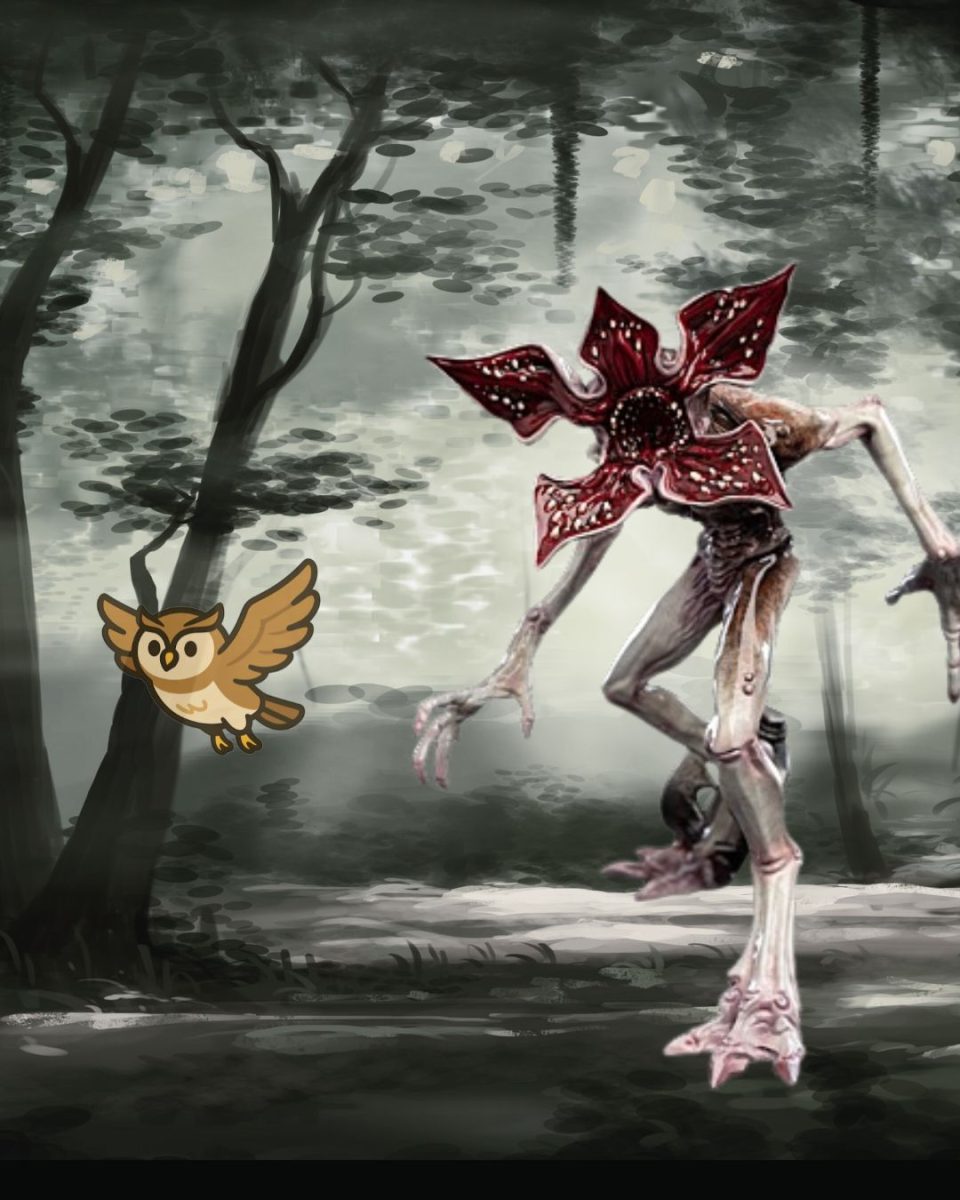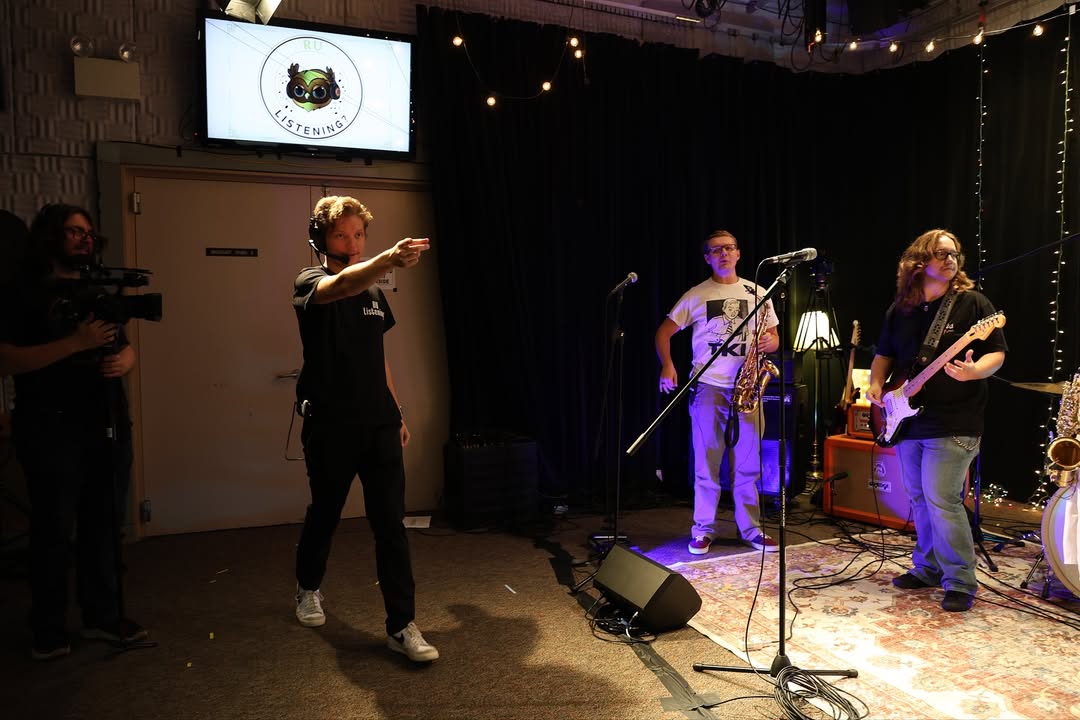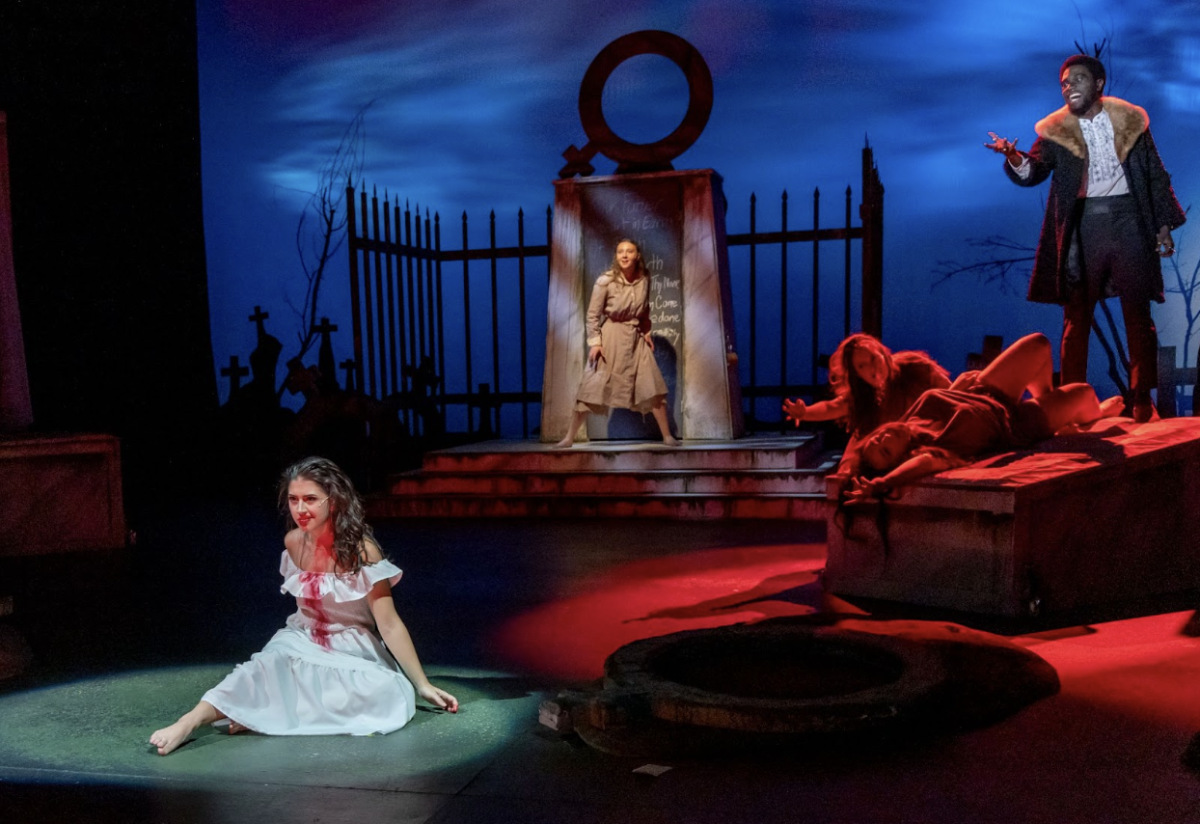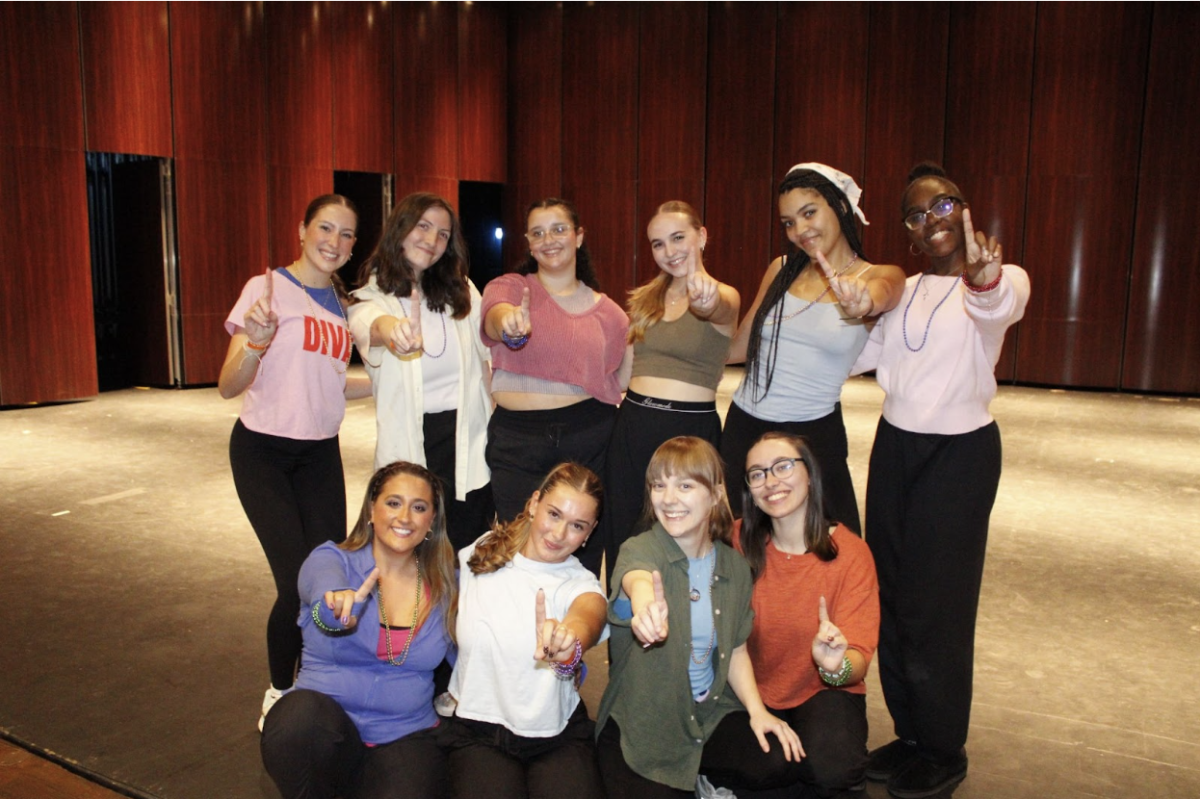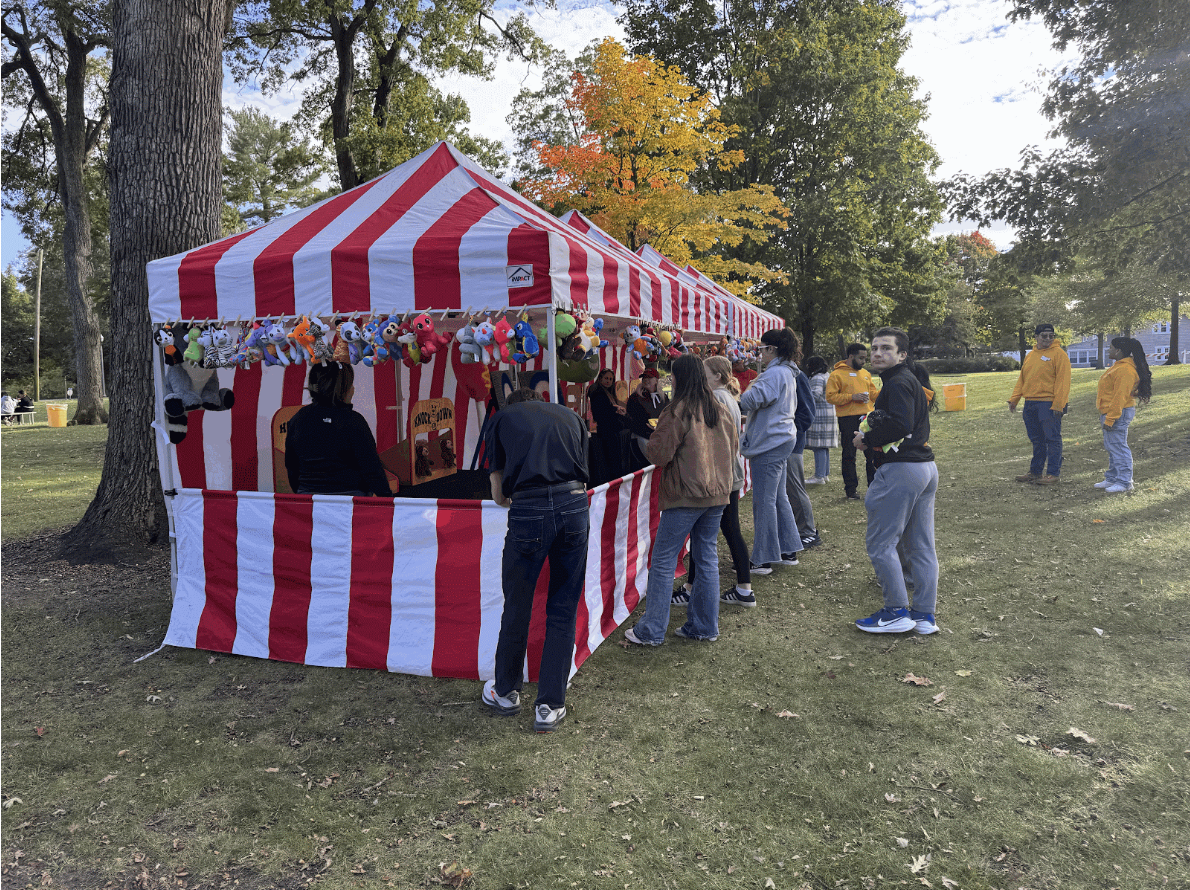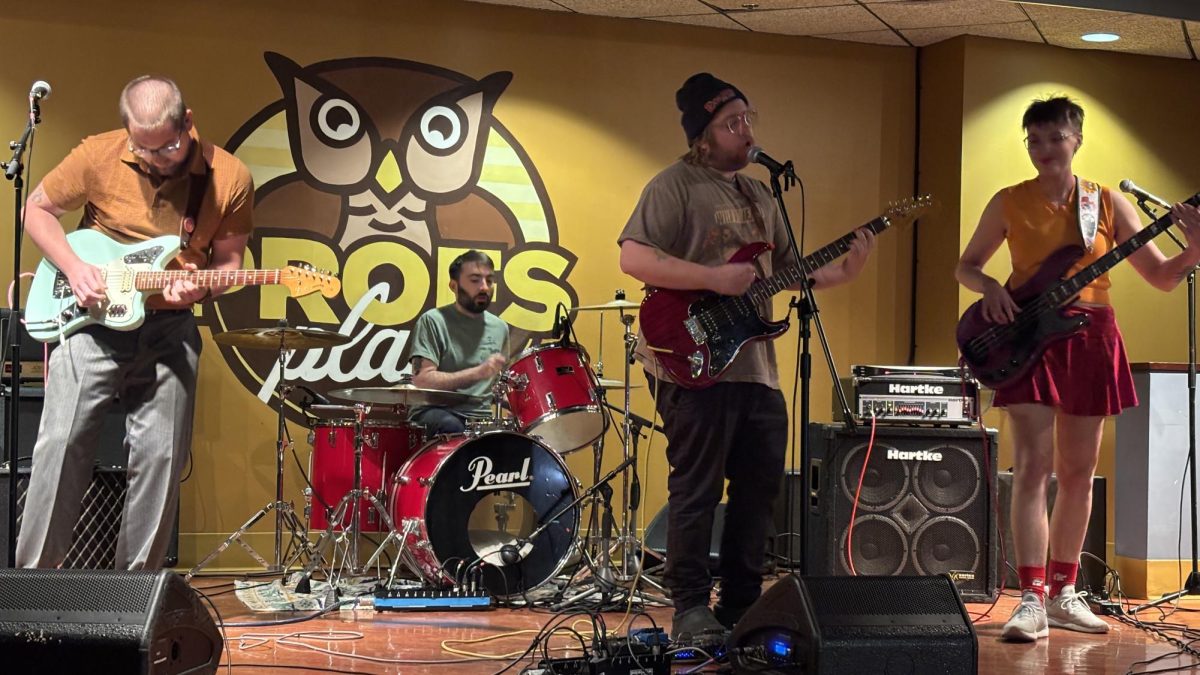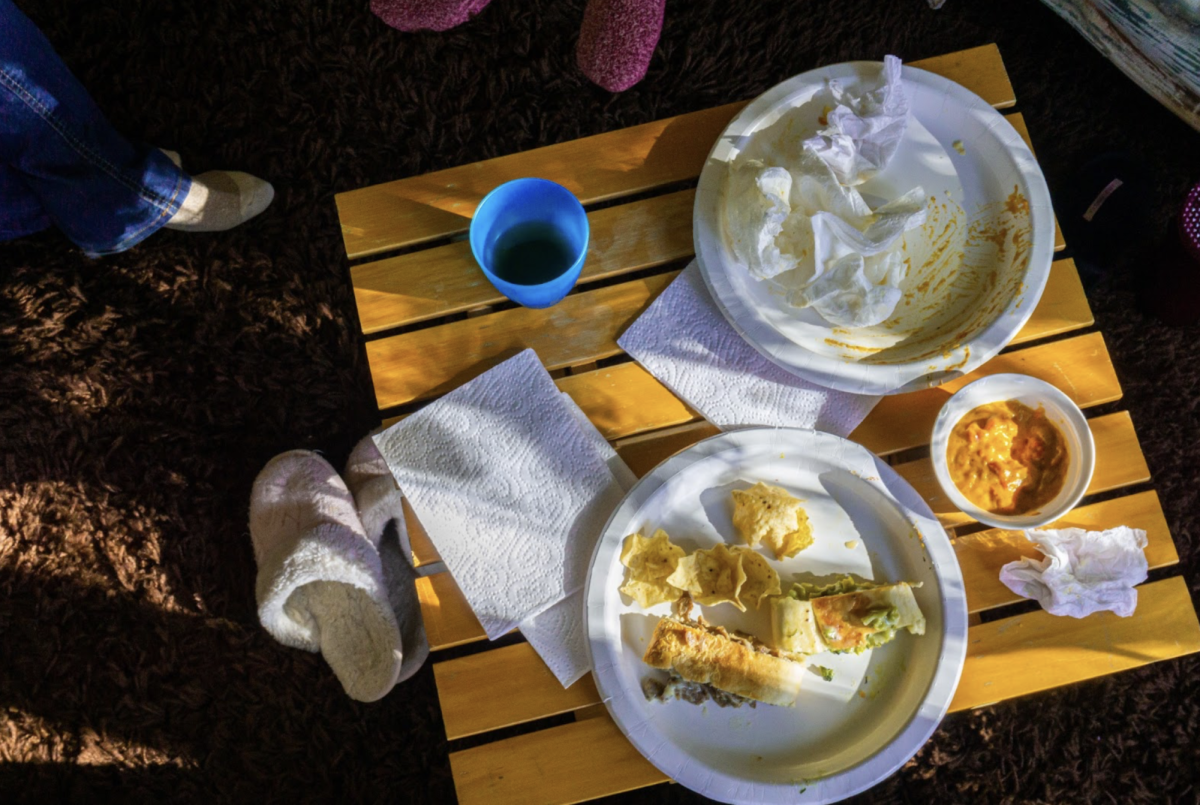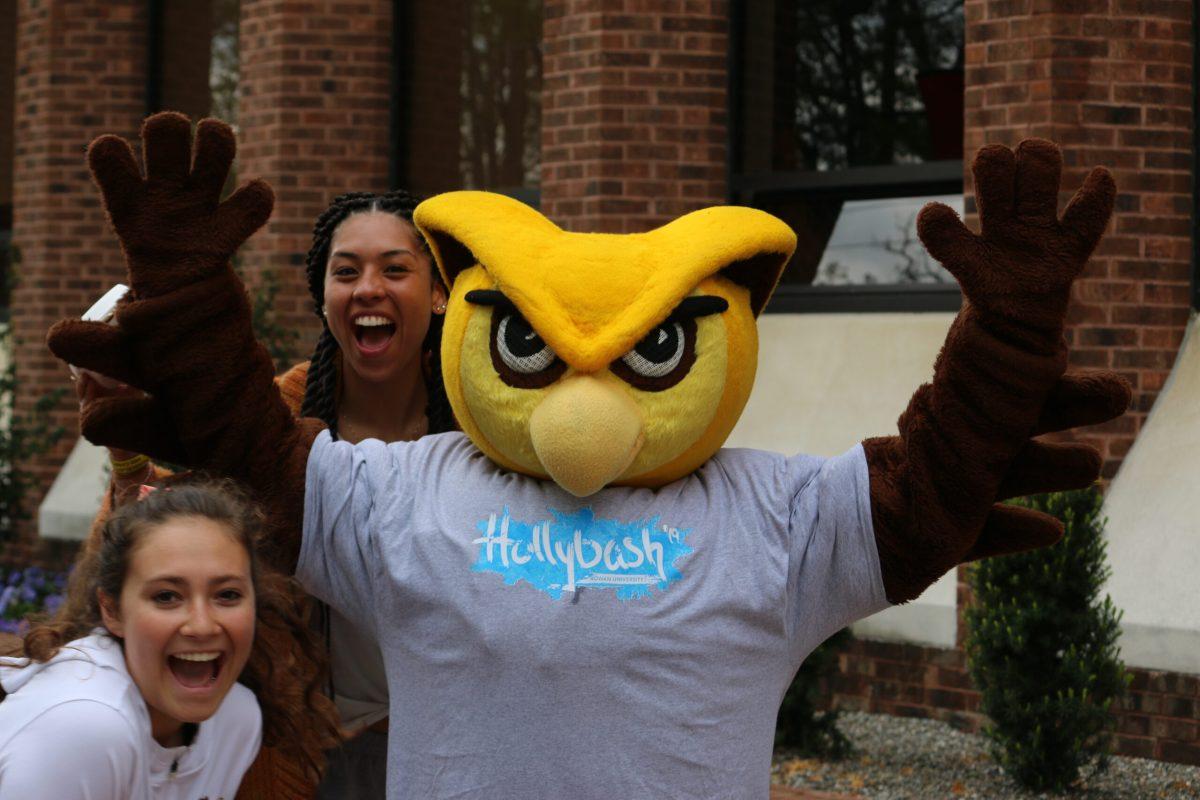Many of us decided to come back to the Rowan campus, in spite of our stable home lives and access to educational resources that would ease the strains of distance learning. Many of us didn’t even need to – we didn’t have to take in-person coursework. Many of us chose to take these resources that Rowan provides regardless of the pandemic.
Like it or not, we must now reckon with questions like those posed by the Atlantic’s contributing writer Ian Bogost: did we come back for no good reason other than that we wanted to? Did we ignore safety protocols? Are we putting ourselves and others in needless danger?
Are we the bad guys?
Our decisions have already been made, and we are forbidden to rescind them by financial contract; we cannot easily undo our physical presences. So just for a second, let’s entertain the idea that college students are equipped to make the best choices for ourselves, given whatever kind of situation we may be in.
We clearly wanted to come back for a reason, even if it was just to reenact favorite scenes from “Animal House.” Something draws us to this ubiquitous, if generic, idea that young people should live surrounded by friends and with some degree of freedom from authority. Something compels us toward “the college experience.”
According to research from the University of Victoria Wellington, perceived social connectedness in young people is a high indicator of their psychological well-being. This has been reaffirmed by research from the University of Queensland, from Stanford and from various other research institutions. Research has also shown that a sense of social connectedness improves physical health outcomes. Humans evolved as social animals for the practical reasons of protection and recognition; we actually do better as a species in large groups than in small groups.
Where better to achieve a sense of belonging in a large community of peers than at the typical American college, where we live, eat, sleep and work in groups of people our own age with whom we share similar goals?
It’s no wonder we crave the college experience as we’ve been sold it by our mass media and culture, and also as we’ve experienced it prior to the pandemic; this is the environment that makes us feel good, and there evolutionary and neurobiological reasons for that. For many of us, having this social support network is a huge component of our overall well-being – and it may be fair to say that it could be a matter of life or death for many students.
Of course there are more outwardly practical reasons why many students would choose on-campus living to that which is virtual – the relative safety, stability and resources of a campus environment cannot be overstated in their importance to the success of students who are most marginalized. But the argument for “the college experience” should not be limited to tangible needs; for example, for students with disabilities, academic resources are just as important as receiving the lecture material from the professor is. The intangible resource of community may be higher on Maslow’s hierarchy of needs than food is, but it’s still considered a need.
As hard as it is to justify the sometimes baffling and always expensive ways in which higher education operates, we have to be easy on ourselves for giving into it. We did not create the system, and it has been promised to give us everything we need as a self-contained microcosm of life outside the college bubble: here, we get food, healthcare, housing, employment and vital community.
Overall, Rowan has done a pretty good job delivering on most of the above list. We still get dining plans; the Wellness Center and EMS still see to student health concerns; we still get to live in dorms and apartments. Hell, we even still get to go to the gym.
But, with so much of Rowan’s programming – such as many Rowan After Hours events, panel discussions and club events – and classes now moved to virtual formats, are we really getting that sense of community we all flocked here for? Do our brains still secrete as much serotonin when we see friends through a screen as when we do face-to-face?
The research, as it turns out, would indicate that it should. Despite social media potentially fostering social ostracism, our brains really don’t know how to tell the difference between the affirmation of a breathing person and that of an electronic ping. In a vacuum, it should all feel the same.
The problem is that we don’t live in a vacuum. We never have, and we never will.
In Bogost’s Atlantic article, he describes the residential college experience as a “cultural aspiration” – more a luxury than it is a good. “College is a place like Las Vegas is a place: a host for the lifestyle it provides.” Bogost is of course correct, to a degree. But he misses the point that, even within the tourism and among the facades of hotels modeled after perhaps more “authentic” architecture…people live in Las Vegas. They need Las Vegas to survive. Las Vegas doesn’t stop being people’s homes just because tourists may stop visiting.
Regardless of how tacky Bogost and others may consider American colleges, students, faculty and staff need them, too.
For comments/questions about this story, email [email protected] or tweet @TheWhitOnline.

